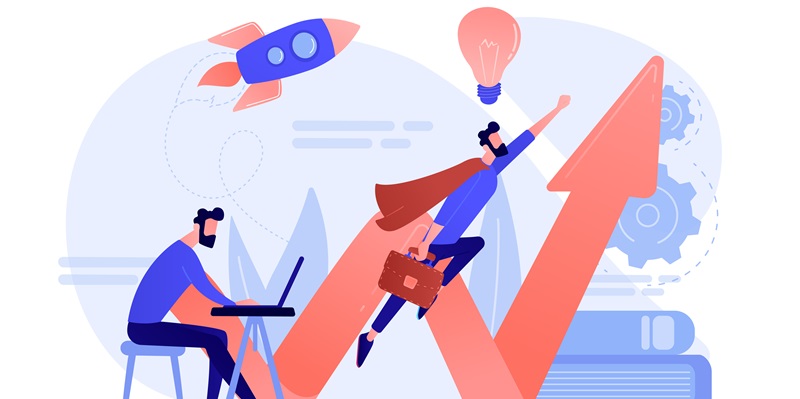Retaining skilled frontline staff is essential for businesses, as they are crucial in creating positive customer interactions. Companies face the challenge of high employee turnover, which is where innovative Learning and Development (L&D) strategies come into play. Companies invest in such strategies to keep their workforce satisfied and competent, realizing that effective L&D is key to employee retention. These strategies are designed to enhance the skill set of frontline employees, ensuring they feel valued and equipped to excel in their roles, thus fostering loyalty and a desire to stay with the company long-term. This investment in human capital not only improves employee morale but also serves as a competitive advantage in delivering exceptional customer service.
Allocate Specific Periods for Competency Enhancement and Feedback Exchange
One effective strategy is to dedicate time specifically for skill building and communication. Regularly scheduled training sessions and workshops not only keep frontline employees up to date with the necessary skills but also demonstrate the company’s commitment to their professional growth. Constructive feedback paired with guidance allows employees to understand their strengths and weaknesses, fostering a workplace environment that is conducive to personal and professional development. This proactive investment in frontline employees serves not only to enhance their capabilities but also to root them more deeply in the company.
Adopt a Hybrid Approach to Training for Frontline Staff
A hybrid training approach blends face-to-face sessions with online accessibility, offering a tailored solution for frontline staff. Such a model combines the interpersonal benefits of in-person training with the flexibility of digital platforms, accommodating the varying schedules and locations of employees. This creates a training environment that supports team building through direct interactions while also acknowledging individual needs. It allows learning and development initiatives to be more comprehensive and adaptable to the changing needs of employees, thereby enhancing the overall efficacy of workplace training programs. By fostering a learning culture that is both connected and independent, organizations can ensure their training methods stay relevant and supportive to their ever-evolving workforce requirements.
Implement Incremental Learning Techniques for Comprehensive Goals
Microlearning techniques are emerging as a practical solution to the time constraints and operational demands of frontline work. Bite-sized learning modules allow employees to quickly absorb and apply new information without the need for extensive time off from their day-to-day responsibilities. These condensed learning experiences are focused, manageable, and designed to fit seamlessly into the workflow, helping to promote a culture of continuous learning and improvement.
Incorporate Elements of Competition and Fun into Learning Activities
Incorporating game-like elements into learning and development strategies can notably enhance engagement and participation from employees. Utilizing digital tools to initiate friendly competition not only makes the learning process enjoyable but also supports social interaction. These strategies lead to improved knowledge retention and team building and offer immediate rewards and recognition, which boost morale.
Such positive learning environments not only encourage employees to dedicate themselves more fully to their roles but also increase their likelihood of remaining with the company. This commitment contributes significantly to the organization’s enduring prosperity. The key lies in making learning fun and socially rewarding, which, in turn, nurtures a more dedicated and successful workforce. Through this innovative approach to professional development, businesses can secure a competitive edge by fostering a culture of continuous learning and loyalty.

